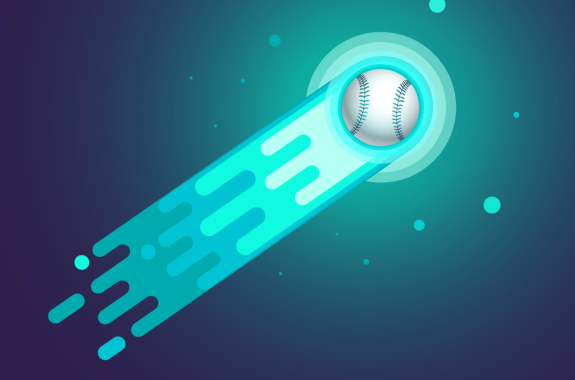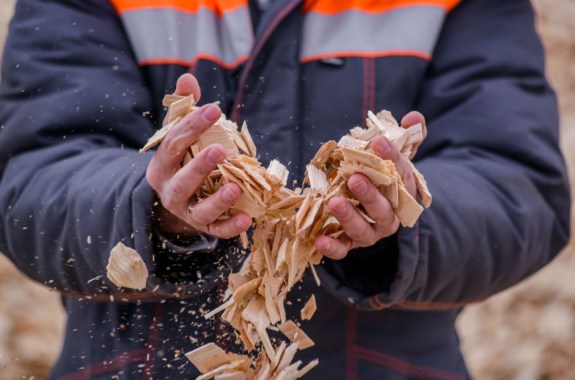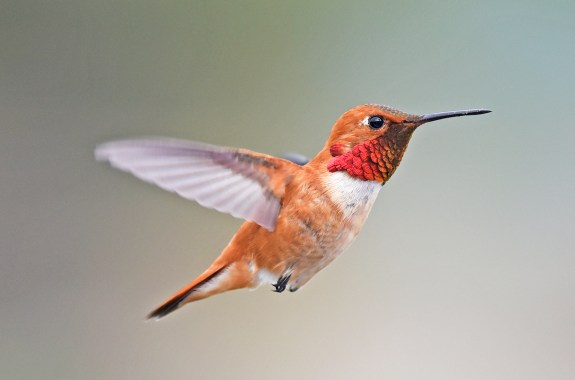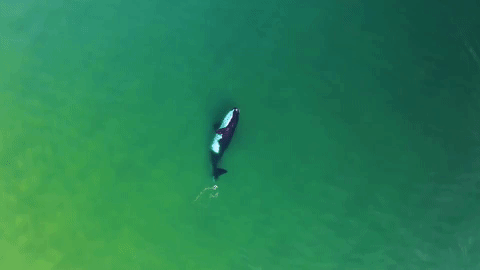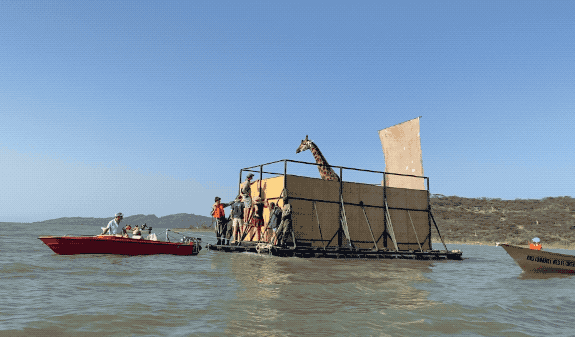Katie Feather is a former producer for Science Friday and the proud mother of two cats, Charleigh and Sadie.
Katie previously worked as a reporter and producer for KBIA, WHYY, WNYC and The New York Times and has a degree in science journalism from NYU. Her work reporting on events in Ferguson, Missouri, in 2014 won a National Murrow Award for small-market feature reporting.
A native of the New York metro area, Katie currently calls New Jersey home (and feels guilty about it). She hopes to one day live near the beach.
17:23
How Do We Overcome Vaccine Hesitancy?
50% of American adults are now considered fully vaccinated. How do we get everyone else on board?
14:10
What A Rare Baseball Collision Tells Us About The Physics Of The Game
After two balls collided, physicists explain how the event occurred—and how science is changing the way America’s pastime is played.
17:14
What’s Behind The Blockchain-Based Art Boom?
Digital tokens, like NFTs, are opening new opportunities for writers, musicians, and artists.
17:23
Can An Algorithm Explain Your Knee Pain?
Researchers suggest an algorithm can be used as a tool for justice in healthcare.
16:43
Can Woodchips Help The Gulf Of Mexico’s Dead Zone?
Crop scientists are tackling fertilizer runoff with woodchips, bacteria, and a trench.
16:36
The Dazzling Rufous Hummingbird, Threatened By Climate Change
The population of one of the most common hummingbird species in the U.S. is plummeting. Climate change may be the culprit.
17:29
The Plight Of The North Atlantic Right Whale
Human activity is responsible for the sharp decline in North Atlantic right whales. A new documentary sheds light on why.
17:33
A Daring Rescue Highlights Giraffes’ Silent Extinction
Researchers don’t know enough about the charismatic giraffe—and as populations dwindle, they’re running out of time.
7:20
The Mime And The Mind
A new study looks at how the brain “helps” us see invisible objects.
12:07
A Year Of Staying Home Has Led To A Global Chip Crisis
Semiconductors are in high demand, disrupting global supply chains, and more from this week’s science news.

